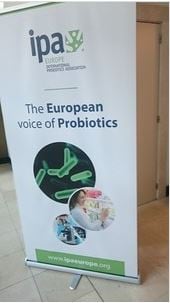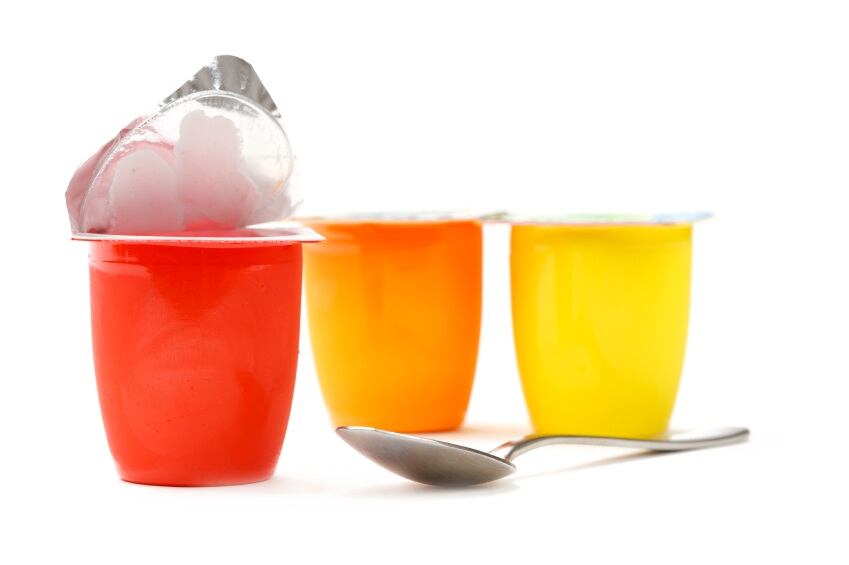Formed in 2001 in California, the IPA now counts 58 companies as members – up from 42 back in April 2015.
In 2016 alone the trade group saw the likes of DSM, Bayer, Sanofi and Danone come on board.
The last year has been one of big change for the organisation. In February 2015 a European chapter of IPA was formed in conjunction with the Global Alliance for Probiotics (GAP) and the Yoghurt Live Fermented Milks Association (YLFA).
Meanwhile IPA global upped its ante, appointing a new executive director, George Paraskevakos, and increasing outreach efforts with government regulators and presence at industry events.

Talking with NutraIngredients at the industry event Vitafoods last week, Paraskevakos said the reorganisation and streamlined communication had ushered in a “rebirth” of IPA, which sees its role as the “global voice of probiotics”.
For what it's worth
IPA saw a gap in leadership of around six months when former chief Ioannis Misopoulos left the association in October 2014, to be replaced by Paraskevakos in March 2015.
Paraskevakos, former business development director for probiotics supplier Lallemand, said this “lapse in leadership” meant companies had questioned the value of membership.
He was now working to tempt back lost members, with Danish supplier Bifodan and Swedish Probi already making a comeback this year.
In the past he told our sister publication NutraIngredients-USA that IPA needed to become more vocal and transparent.
“When it comes times to address things like the Bayer case [The US Federal Trade Commission’s contempt action] we need to be in a position to actually take a position.
“We want to start to become closer to the press. In the past our members have been looking toward us, asking, ‘Why aren’t you guys coming out and commenting?’”
He said there was also mounting interest in membership from pharmaceutical players that recognised the importance of the food segment as well as Asian companies such as Korean firm Il dong Pharmaceutical, which joined this year.
‘Our members don’t want a vigilante group’

This membership surge echoes other trade groups over the last year, with 2003-formed association the European Specialist Sports Nutrition Alliance (ESSNA) also pushing for greater membership numbers.
This drive also came as ESSNA launched its compliance campaign by offering a portal for complaints concerning EU food and nutrition regulation and serving as something of a ‘police for the industry’.
Yet Paraskevakos said this was not the intention of IPA.
“Our members don’t want a vigilante group,” he told us in Geneva, Switzerland.
Instead he said they were working on stronger stances on labelling, health claims, science, good manufacturing practice (GMP) and quality.
“We aren’t the police, but we like to give people a roadmap for compliance."
While there were no immediate plans in the pipeline, the future could see an ‘IPA quality seal programme,’ he said.
In the meantime it was strengthening its ties with different governments like the US, Mexico and Brazil, where it planned to hold workshops, not to mention European authorities.

He said the need to educate regulators was “scary” if regulations were being imposed on the industry.
“You need to understand a category before imposing regulation and there is a certain expertise required.”
In the EU the term ‘probiotic’ is banned as an unauthorised implied health claim, which meant companies were not investing as much in the sector, he said.
Contact with frontline health workers was also key, he said.
